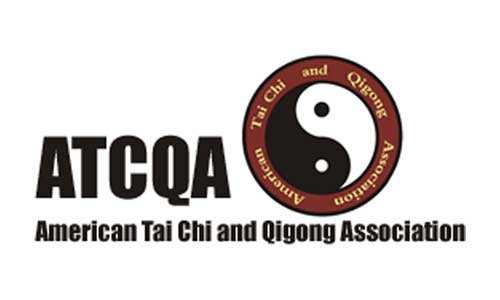Tai chi and qigong are forms of mind-body exercise and meditation that may help with symptoms of cancer and side effects of treatments.
Affordability and access
Prescription required?
- No, but we recommend you inform your oncology team that you are practicing tai chi or qigong
How to access
Other names:
- Tai chi may also be known as tai chi chuan or taiji
- Qigong may also be called chi gung, ch’i kung, or qi gong
- Medical qigong is also known as external qigong or external qi emission therapy
Many individual styles of tai chi and qigong have evolved.1The 5 Family Styles of Tai Chi. CUIHUA Chinese Culture Centre. Viewed June 1, 2022; Qigong. University of Minnesota Earl E. Bakken Center for Spirituality & Healing. Viewed June 1, 2022. You may want to try different styles to find one that meets your needs and intent.
Where to access
- Martial arts studios
- Hospital integrative programs
- Fitness and wellness centers, both on-site and online

American Tai Chi and Qigong Association
Videos
Affordability
- In-person or live online sessions typically cost under $30 US per session, and some may be offered free of charge
- You can purchase videos for home use at costs similar to other videos
References
